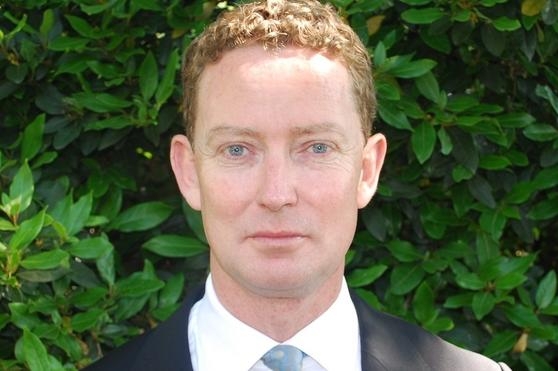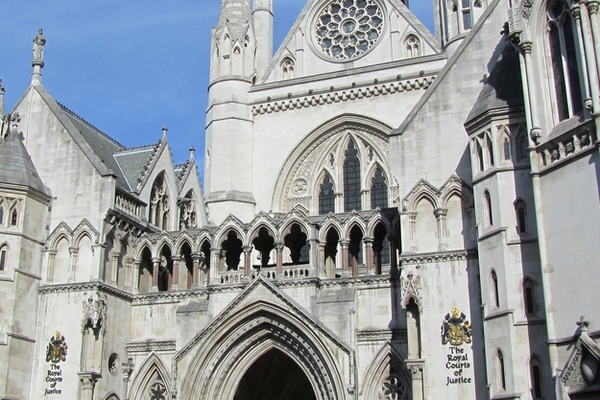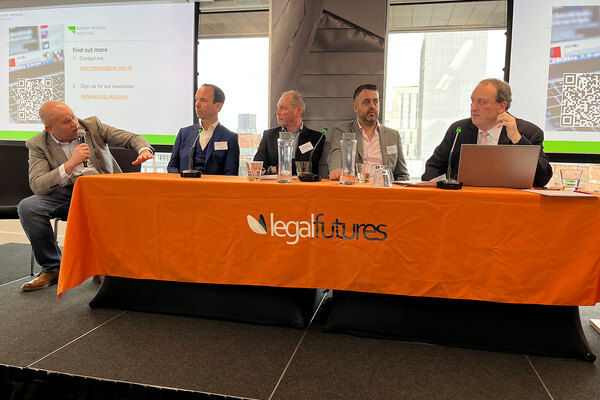Fighting FIT
You can imagine that Greg Barker had been dreading today for some time.
The climate change minister this morning stepped into a two hour meeting with a room of furious solar sector representatives desperately seeking some grain – even the slightest shard – of hope that their years of work and investment was not all about to go down the drain. He had none for them.
It was always going to be awkward coming face-to-face with the people hit hardest by your policies.
But today must have been especially awkward given a number of the people in the room have this week instructed their lawyers to begin legal action against the minister’s Department of Energy and Climate Change.
Solar Century, which is leading a consortium of other solar companies, said that it is seeking an interim injunction to stop the Department of Energy and Climate Change from using the 12 December as the cut-off date for the current tariff.
It describes the date as being ‘illegal, irrational and unreasonable’. The group, which has not yet named its other members, wants to stop any cuts to tariff levels being made until DECC has completed a ‘proper, review and followed the correct processes’.
This follows the example set by Friends of the Earth which laid down an ultimatum to climate change minister Greg Barker on Monday warning him to amend the proposed cuts by 4pm on Friday or face a judicial review.
Now an expensive and potentially bitter legal clash looks inevitable. It is hard not to sympathise with a sector that has just had the rug pulled out from under it with just six weeks notice.
As Jeremy Leggett, chair of Solar Century, said: ‘The banks get eight years to change, we get less than eight weeks.’
However, past experience of private companies combating policy reforms of this coalition suggests that this is not the best way of gaining traction.
Legal action smells of desperation and signifies an abandonment (however justified) of negotiations.
Past examples (think developer Cala which was eventually swatted aside by Communities Secretary Eric Pickles in its opposition of the scrapping of the regional spatial strategies), and the fact that the government will have taken water-tight legal advice before making the announcement, would suggest this latest effort might be in vain.
That said, there are rumours that local authorities are also considering some form of challenge.
If this is true, although lawyers doubt it is likely to happen, few could blame them. As we report this week, the fall out is massive.
Social landlords are facing abortive costs of £5 million and contractors like Mears have been very badly burned, limping away from the market without a deal to show for their efforts - just an expected £2 million write off and a £2.8 million hit to their annual profits.
Ironic then, that among all the gloom, there was the one deal sealed yesterday that three weeks ago would have been mega news.
The first – and possibly the last – rent-a-roof deal was completed by West Country Housing with PV company Anesco to install 1,400 panels.
After months of lengthy negotiations with banks not a single deal had been signed due to concerns about how the complicated third party contracts could reduce the value of lenders’ security in the unlikely event of a housing association loan default.
Well, somehow law firms Trowers & Hamlins and Eversheds have worked with their clients to overcome these difficulties at a time when nearly every other rent-a-roof deal has been abandoned.
It will stand as a testament to what could have been. Or, more optimistically, what could still be for the rest of the sector if our new campaign Green Light is successful.
We launched it last week with the aims of getting social housing FIT schemes categorised as ‘community projects’ rather than ‘aggregated schemes’ so they get help from the government, and that social landlords are given equal access to ECO funding for the green deal.
So how is our attempt to ensure landlords are not excluded from vital green subsidies going? Pretty darn well, if I may say so myself.
In our first week we have received unprecedented support for Green Light with over 300 signatures on our petition and pledges from across the sector.
As we will reveal today, we have the backing of some major Labour heavy-weights including shadow energy secretary Caroline Flint, and shadow housing minister Jack Dromey – not to mention the support of groups representing around 1.4 million social homes (and that is not including the millions of homes represented by members of the National Housing Federation and the Chartered Institute of Housing.
While the government doesn’t look likely to back down over the FIT cut coming into effect on 12 December, we believe there is scope to negotiate a fairer more equitable settlement for social tenants.
It is the voice of these tenants that will make the difference for Green Light – which is why we were so pleased to receive the support of the TPAS this week, which represents 1,700 tenants groups, and energy giant E.ON which represents millions of customers across the UK.
If E.ON, a company driven by profit can see the logic to our campaign, then the government should too.
There is huge pressure on the government to tackle rising fuel bills. When red top papers like the Daily Mirror take a leaf out of Inside Housing’s book and launch a campaign called ‘Fair Price for Power’ on the back of the FIT cut you know that the government will be concerned (note: it reported on Monday that the cut to the FIT means more than 100,000 housing association properties won’t have PV installed – hence the campaign).
As a further bellwether of the mounting consumer concern, if you need one, even the BBC’s Panorama set its sights on an investigation into how government policy was impacting bills earlier this week.
There is a row underway over the statistics cited about the impact on bills by climate change minister Greg Barker - but even ignoring that, as long as the poorest are protected then that is what should matter.
As it stands they have, subsidised the FIT but only home owners have benefited from it.
Leeds City Council had hoped to save their tenants a massive £30 million over 25 years through a 5,000 home PV scheme that has now been shelved as a result of the government’s announcement.
That equates to around £120 a home a year for the people who need it most. This is the big test on whether the FIT cuts are about getting votes or common sense.
While Inside Housing is not disputing the need for a cut to the FIT, we struggle to see how it can make sense to hit the poorest people the hardest if it is the impact on people’s energy bills that matters.
A similar dilemma will emerge if the government makes them pay for the ECO but not let them benefit from affordable warmth funding.
With your continued support, we are confident we can persuade the government that social tenants need more, not less, help if they are to avoid falling into fuel poverty.










